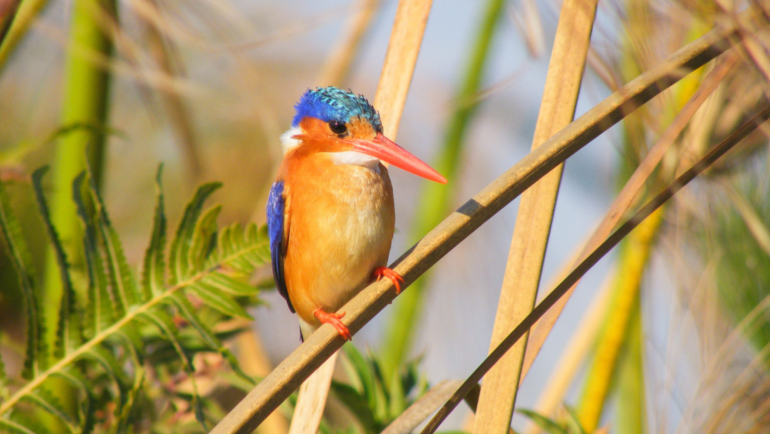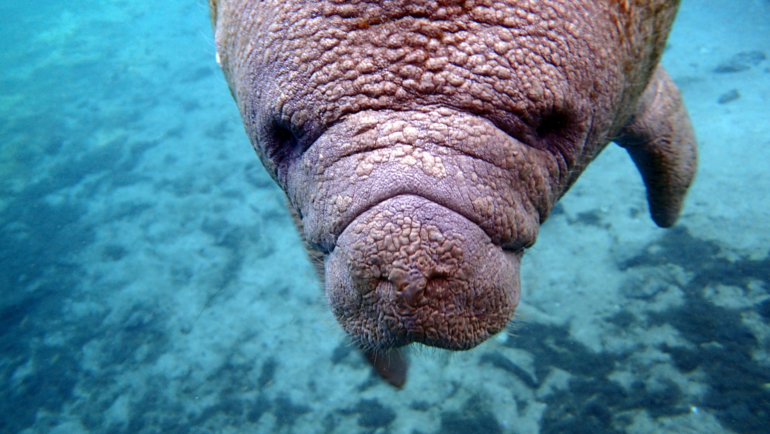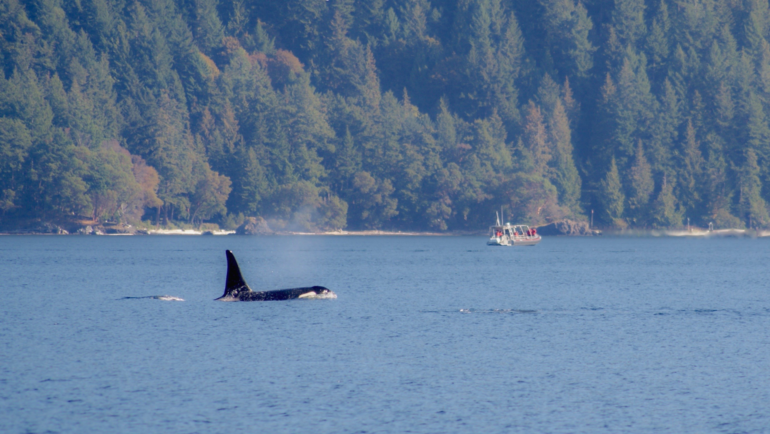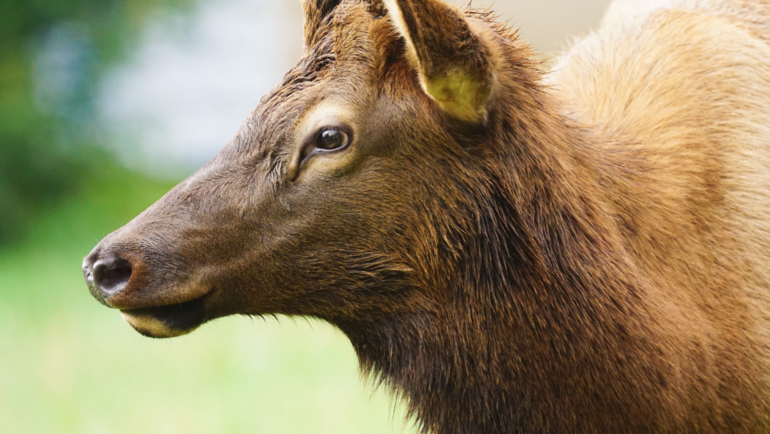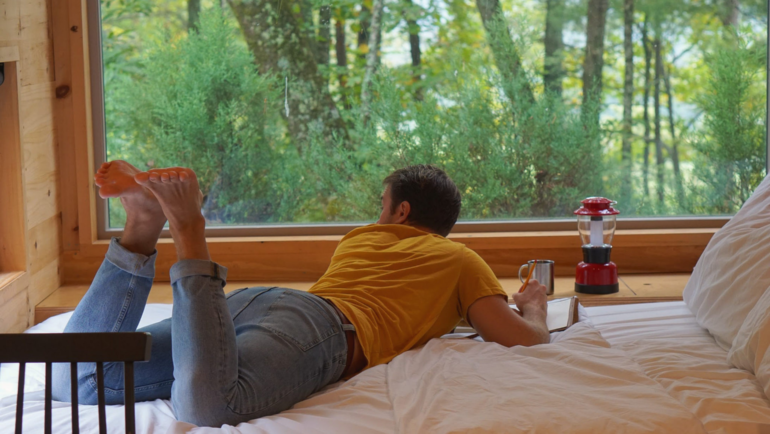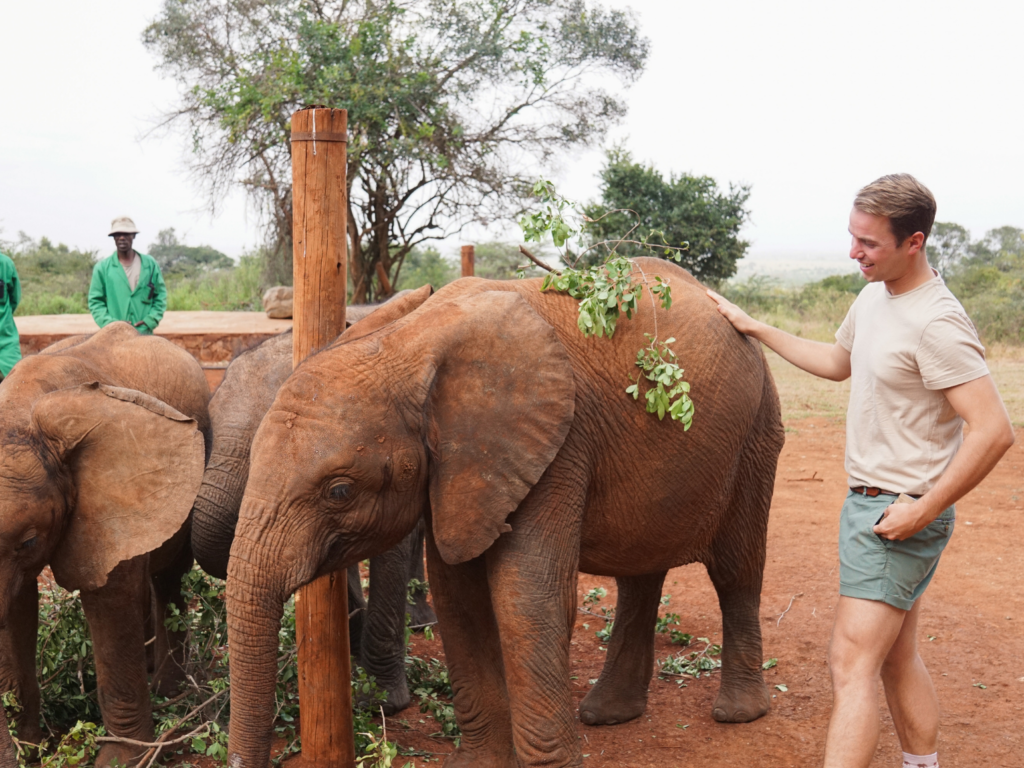
Is Visiting Nairobi’s Elephant Orphanage Ethical?
Before stepping foot into their magical conservation work and seeing it all firsthand I wanted to ensure their practices were nothing but ethical. I needed the confidence that my perception of this organization was accurate before supporting them with a private visit. As with all of my wildlife travels, I dove into the research, read countless articles and reviews, and exhaustively vetted Sheldrick Wildlife Trust as an organization. From my deep dive, I pleasantly found an even more incredible organization than even I had already pictured. Since the ’70s, Sheldrick has been leading wildly impactful conservation initiates throughout Kenya. Since their founding, they have successfully raised over 260 orphaned elephants and rhinos. Furthermore, Sheldrick’s work has grown beyond wildlife rehabilitation. They now lead veterinary units for animals in need and fund anti-poaching efforts that have proudly removed over 160,000 cruel snare traps. Sheldrick Wildlife Trust clearly exceeded all my expectations and has earned my highest praises and support.


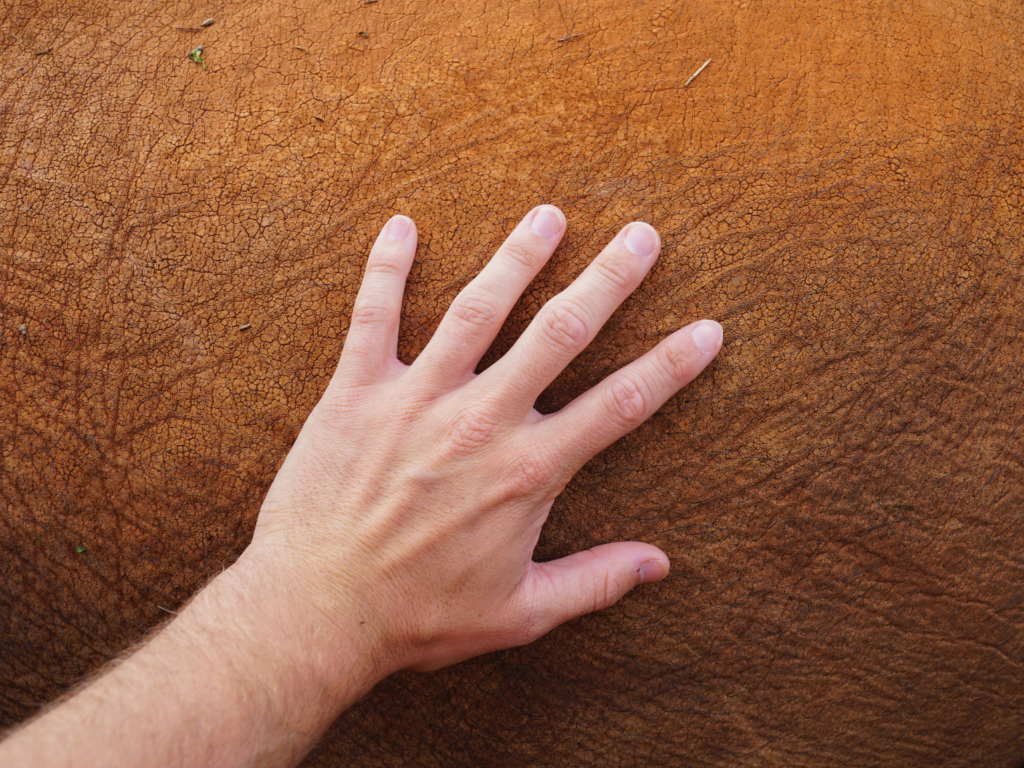
Visiting the Elephant Orphanage
Like many organizations Sheldrick Wildlife Trust enacted an extended closure during the height of the global pandemic, almost entirely stuttering their doors from March 2020 to July 2021. For our honeymoon in June of 2021, this would have meant we were unable to see and support Sheldrick firsthand. Thankfully of their opportunities to visit the elephant nursery in Nairobi, one was allowed during parts of their closure. This meant we had to jump on the opportunity to book a private visit to the nursery – the most exclusive and the most expensive option. These private tours are limited to a small group, consisting of no more than 8 guests, and require a $900 USD donation to Sheldrick Wildlife Trust. During our hour-long visit, we were able to enjoy quality time with the team and of course the elephants during their afternoon bottles and mud baths. At 3 pm each day the elephant orphans return to the main mud wallow for an afternoon refill. After they slurp down their entire bottle, their attention quickly turns to cooling off. Our private visit granted us an unrestricted view of the entire nursery herd as they worked to cake themselves entirely in mud.
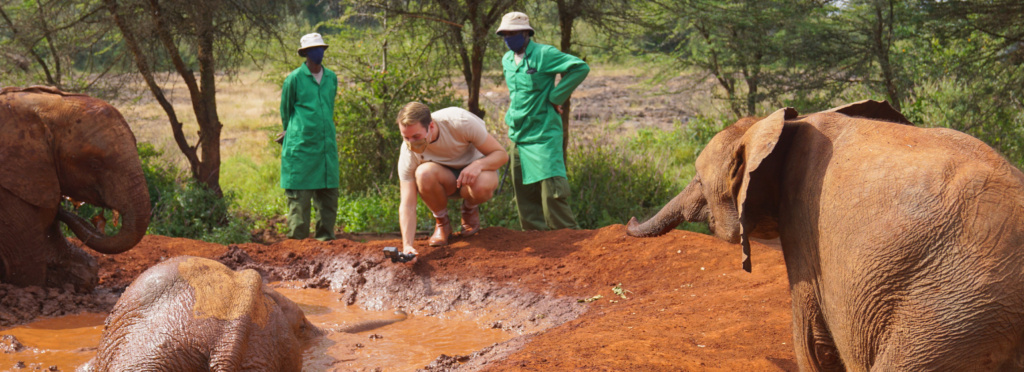
I was thrilled to enter the muddy spray zone with the elephant calves. They were completely focused on getting the soupy red mud on every inch of their wrinkled skin. This resulted in plenty of unintentional mud bathing myself, as my face, arms, and legs were splattered with rusty red splashes. Thankful I brought along my GoPro for the adventure, but even more thankful it was prepared to get nice and dirty. Our private visit to see Sheldrick’s conservation work firsthand was more than incredible – just see for yourself!
How to Support Sheldrick Wildlife Trust
To help Sheldrick Wildlife Trust continue its work in protecting Kenya’s wildlife, please consider adopting one of the orphans in their care. Adoptions cost just $50 USD each year. These digital adoptions include a personalized adoption certificate, monthly email updates and watercolors, and exclusive access to keeper diaries. Sheldrick has perfected the art of sharing compelling content through storytelling. It was impossible for me not to crave every detail of how Enkeska was adapting with her healing trunk, or how Larro was growing as a mini matriarch. Even when I thought I knew Sheldrick Wildlife Trust forward and back, I was granted an even clearer view into their ethical work for wildlife. These adoptions are intentionally kept at a reasonable price so that people around the world can become involved in the mission of Sheldrick Wildlife Trust. Join me as a proud foster parent of one of their precious elephants in need.
Additional Resources for Ethical Wildlife Travels:
- Elephant Orphans: Visiting Sheldrick Wildlife Trust
- How to Avoid Elephant Abuse While Traveling
- 3 Tip Checklist for Animal Friendly Travel




